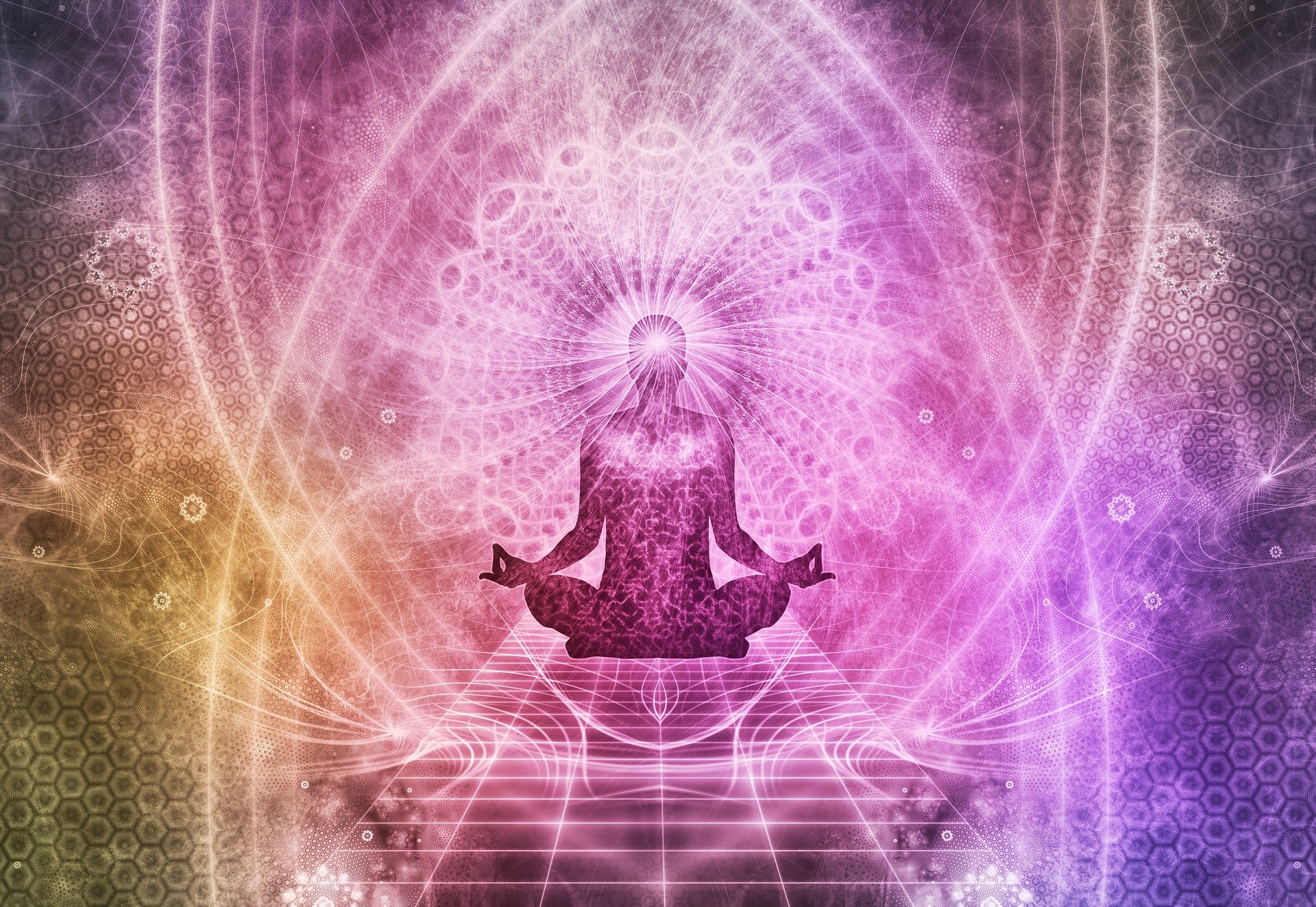
The pace of modern life, combined with countless responsibilities and expectations, has made stress an almost inevitable part of our daily existence. While some stress can be beneficial, acting as a motivator or a catalyst for growth, chronic stress can have a significant toll on our physical, emotional, and mental well-being. Enter massage therapy – a time-tested technique offering a plethora of benefits, particularly in combating the stresses we face. This article delves into the myriad ways massage therapy acts as a potent antidote to stress.
1. Physical Relaxation and Muscle Tension Release:
- Easing Muscle Strain: Stress often manifests as tension or knots in our muscles, particularly around the neck, shoulders, and back. Massage therapy works to relax these muscles by improving blood circulation and eliminating accumulated lactic acid.
- Pain Reduction: Chronic stress can exacerbate pain in various parts of the body. Through targeted techniques, massage can help alleviate this pain, promoting a sense of relief and relaxation.
2. Enhancement of Overall Mood:
- Release of ‘Feel Good’ Hormones: Massage stimulates the production of endorphins, serotonin, and dopamine – neurotransmitters associated with feelings of happiness and contentment.
- Reduction in Stress Hormones: Studies have shown that massage therapy can reduce the levels of cortisol, a primary stress hormone, promoting a sense of calm.
3. Improved Sleep Patterns:
- Deep Relaxation: The relaxing effect of a massage can pave the way for a deeper and more restful sleep. Better sleep itself acts as a stress buster, rejuvenating the body and mind.
- Regulation of Sleep Hormones: Massage can influence the balance of hormones like melatonin, aiding in resetting our natural sleep-wake cycle.
4. Enhanced Mental Clarity:
- Increased Blood Flow: Improved circulation to the brain can bolster cognitive function, leading to clearer thinking and better decision-making.
- Reduction in Mental Fatigue: The relaxation achieved through massage can help combat mental fatigue and overthinking, a common consequence of stress.
5. Boost in Immunity:
- Strengthening the Immune System: Chronic stress can weaken our immune system, making us susceptible to illnesses. Massage therapy has been linked with increased levels of lymphocytes – white blood cells that play a pivotal role in defending the body against diseases.
6. Emotional Release and Mindfulness:
- Mind-Body Connection: The tactile nature of massage can help individuals reconnect with their bodies, grounding them in the present moment and promoting mindfulness.
- Emotional Balance: For some, massage can act as a form of emotional release, helping process and manage pent-up feelings and emotions.
Conclusion:
The therapeutic benefits of massage are manifold, transcending beyond just physical relaxation. As our lives become increasingly hectic, integrating regular massage sessions can act as a protective shield against the detrimental impacts of chronic stress. Whether you’re seeking a momentary escape, better sleep, or a boost in mood, massage therapy might just be the panacea you need.
